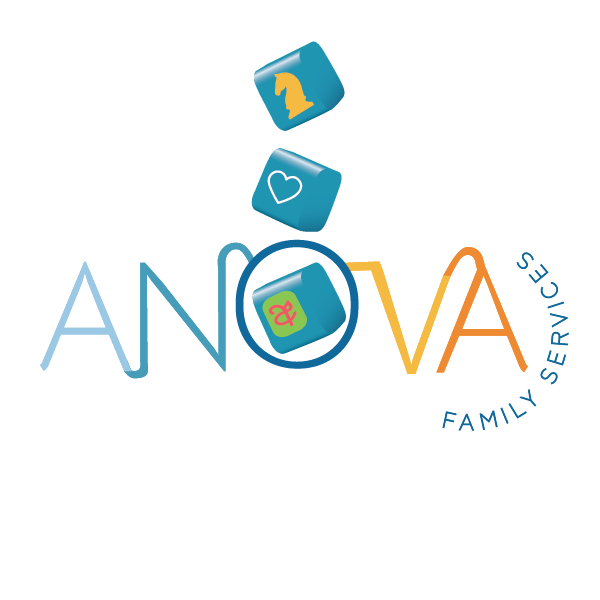


In order to meet a student’s needs, there has to be support within their educational environment and from their parents. Both entities need to equip themselves with the proper tools.
Below are a few recommended sites and resources to get you started.
Zero to Three
“Our mission is to ensure that all babies and toddlers have a strong start in life. At ZERO TO THREE, we envision a society that has the knowledge and will to support all infants and toddlers in reaching their full potential.”
Division for Early Childhood
“The Division for Early Childhood (DEC) promotes policies and advances evidence-based practices that support families and enhance the optimal development of young children (0-8) who have or are at risk for developmental delays and disabilities. DEC is an international membership organization for those who work with or on behalf of young children (0-8) with disabilities and other special needs and their families.”
Childhood Education International
“Education is, and always will be, vitally important in building a strong foundation for life; therefore, every child deserves an opportunity to learn. The global challenge for education is not just about providing access to education, but also about ensuring education’s progress by transforming and reinventing education to meet the child’s needs, the needs of their community and workforce, and the emerging needs of a more dynamic and interconnected world.”
Parent-Child Interaction Therapy (PCIT)
PCIT is a unique treatment program that focuses on promoting positive parent-child relationships and interactions and teaching parents effective child management skills. PCIT has been adapted as an intervention for many different types of families, including those receiving child welfare services or exposed to violence, those with children on the autism spectrum, adoptive families, foster families, and those from other countries or who speak other languages.
P.R.I.D.E. skills
P.R.I.D.E. skills open up doors to increase relationships and control when you are interacting with your child on a daily basis. These PRIDE skills are a component of Parent-Child Interaction Therapy (PCIT) which is a form of therapy developed by Sheila Eyberg for children ages 2–7 and their caregivers.
PRIDE is an acronym that stands for:
Praise
Reflect
Imitate
Describe
Enthusiasm
You can download a sample of this resource below.
